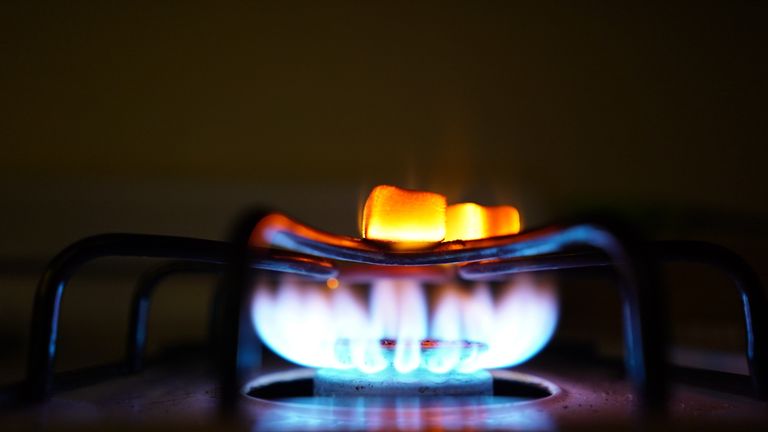The economic crisis in Lebanon has made fuel a scarce commodity, leading to blackouts across the country as the population adjusts to life without electricity. The large-scale energy crises which erupted last autumn on the markets of a series of large world economies rapidly turned into a world-wide crisis on the basis of the domino effect influencing major sectors of the economy and industry The cost of hydrocarbons in Lebanon has now roughly tripled in the two months since the central bank started decreasing its support for imports.

The energy crises experienced by different countries have identical roots. The consequences of the “turbulence” on markets extended far beyond those regions where they first occurred. This economic crisis erupted in 2019 as the result of corruption, mismanagement, and sustained policy inaction. Lebanese fuel prices have soared by up to 70 percent after yet another subsidy cut, official figures showed, heaping more pressure on people struggling to make ends meet in the cash-strapped country. In the first instance, demand exceeds supply against a background of a recovering economy after the pandemic – as well as attempts to limit the financing of projects involving traditional energy sources and, as a consequence, reduced production capacity. As a result, gas and coal prices on world markets in the second half of last year rose several times over.

According to the World Bank, the crisis has become one of the three most severe economic catastrophes since 1850, with Lebanon’s currency sinking 90%. The lack of power also has had unprecedented implications for human security.Dire shortages have seen Lebanon's people struggle to find enough fuel to drive to work or power back-up generators during near round-the-clock electricity cuts. Imported fuel reserves have dried up, paralyzing life in Lebanon. To power the country, “Lebanon needs around 3600 megawatts,” said Diana Kaissy, a board member of the Lebanese Oil and Gas Initiative and energy governance expert. Motorists have become caught up in long lines outside the petrol stations that have remained open. With this output, state electrical company Electricité du Liban is only able to produce approximately two hours’ worth of energy per day, with electricity being totally shut off in some parts of the country.